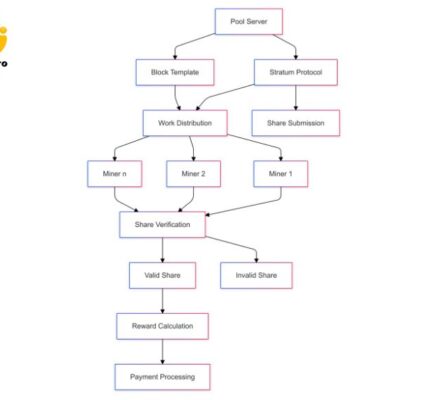Understanding Economic Volatility and Its Impact
Economic cycles, including expansion, contraction, and recession, significantly affect personal finances and investment decisions. During an expansion phase, economic growth is strong, and investments tend to perform well. However, during a contraction or recession, the economy slows down, and investments may suffer.
Inflation rates, interest rates, GDP growth, and consumer confidence are crucial economic factors that influence financial markets and personal wealth. For instance, high inflation can erode the purchasing power of your money, while low interest rates can make borrowing cheaper but may also reduce returns on savings. Understanding these factors is essential for making informed investment decisions.
Diversification and Asset Allocation
Diversification is a cornerstone of any successful investment strategy. By spreading your investments across different asset classes such as stocks, bonds, real estate, and alternative investments, you can reduce risk and increase potential returns. A well-diversified portfolio can include a mix of traditional and alternative investments tailored to your financial goals and risk tolerance.
For those looking for low-risk options, share certificates (CDs) and money market accounts can provide stability. These investments typically offer lower returns but are generally safer than stocks or other high-risk investments. For example, if you’re nearing retirement or prefer conservative investments, these options can be a good fit.
Risk Mitigation Strategies
Mitigating risk is crucial in uncertain economic times. Hedging strategies involve taking opposite positions in related assets to offset potential losses. For instance, if you own stocks in a particular sector that you believe might decline, you could buy put options or short sell related assets to protect your portfolio.
Options can also be used to control risks by setting predetermined prices for buying or selling assets. This allows you to limit potential losses while still benefiting from potential gains. Understanding your risk tolerance is key; it helps you make decisions that align with your comfort level regarding market volatility.
Long-Term Financial Planning and Goal Setting
Setting clear financial goals is essential for long-term financial planning. Whether you’re planning for retirement, major purchases, or education expenses, having specific targets helps guide your investment decisions. Assessing your risk tolerance is also critical; it ensures that your investments align with what you’re comfortable with.
Dollar-cost averaging is a strategy that involves investing a fixed amount of money at regular intervals, regardless of market conditions. This approach helps you avoid timing the market and reduces the impact of volatility on your investments. Regularly reviewing and adjusting your financial plan as life circumstances and market conditions change is also vital.
Staying Informed and Adapting to Market Changes
Staying updated on financial news and trends is essential for making informed investment decisions. Following reputable financial news sources and consulting with financial planning professionals can provide valuable insights into market movements.
Financial planning professionals offer personalized advice and guidance tailored to your specific situation. They can help you adapt to new economic eras by rebalancing your portfolio as needed. For example, if there’s a shift towards a more digital economy, your advisor might suggest adjusting your investments to include more tech stocks.
Client Education and Empowerment
Educating clients on how market fluctuations affect their investments is crucial for capitalizing on these movements. Interactive discussions between clients and financial advisors can help clients feel more comfortable discussing their financial future.
Empowering clients through education reduces anxiety and enhances confidence in investment choices. When clients understand the reasoning behind their investment strategies, they are more likely to stick with their plans even during turbulent times.
Additional Resources or FAQs
For those looking for additional resources or answers to common questions about diversification, risk management, and long-term financial planning:
-
Investor.gov: A website by the U.S. Securities and Exchange Commission that provides comprehensive information on investing.
-
Financial Planning Association: An organization offering resources and tools for financial planning.
-
FAQs on Diversification: Many financial institutions provide FAQs on diversification strategies that can help you get started.
By leveraging these resources and following the strategies outlined here, you’ll be better equipped to navigate the ever-changing landscape of economic life.





